How does the tutoring we provide at Reading Connections differ from what will be available in Victorian schools in 2021?
We have all been impacted in one way or another over the last twelve months by the worldwide pandemic and have been tested in ways we could never have imagined. We’ve had to learn to adapt to lockdowns, distancing ourselves from our friends and family, learning and working from home and more. For some students who were struggling pre-covid, the year has brought more frustration and difficulty For others, the year allowed them to learn without the pressure of classroom deadlines and they thrived!
Our goal at Reading Connections is to ensure that struggling students get the help and support that they need to become confident, happy readers. We have embraced technology and adapted our sessions to ensure that we could continue to help those who needed support. We are thrilled to say that our students thrived through a difficult time and we are so grateful to their families for their continued support.
Many of you will be aware that Victorian schools are engaging teachers to work as tutors in 2021 to support students to catch up on learning they may have missed due to remote learning during lockdown. Schools will receive funding to pay for tutors to support their students that need the most assistance. These tutors, some of whom are new to the schools, some of whom are already on staff, will work at the school with vulnerable students. Schools will determine the most appropriate programs to use and this is where I see potential difficulties arising for some of our struggling readers.
Many of our Reading Connections students have struggled with reading. They do not find that a balanced literacy approach works for them and they do not thrive with methods like the three-cueing system which teaches them to memorise or guess at words. Looking at the pictures to guess the words, skipping the word and reading on to see if you can guess what it might be, have a look at the first sound and make a guess at the rest…these are processes that work for the minority of students for whom reading comes easily. They are not evidence-based practices and do not work for all students, especially those who find reading difficult.
My concern is that It is possible schools who do not use a structured literacy approach based on the Science of Reading, will continue to attempt to support students in the tutoring sessions by reinforcing the exact methods that caused the child to struggle in the first place. Imagine the feeling of failure a struggling student might have if they’re asked to learn the same way in a small group setting, and it still doesn’t make sense.
Here at Reading Connections, we use high quality, structured and systematic phonics programs that cater for the literacy needs of all learners, not just those who find learning to read easy. Our programs are evidence-based and highly recommended by experts in the field.
There are some great schools out there who provide structured phonics-based programs, but some who don’t. If your child is offered a place in an in-school tutoring program, ask some questions before you say yes. Find out what programs they use. Make sure the program is an evidence-based systematic synthetic phonics approach. You can find a list of some evidence-based phonics programs at https://dsf.net.au/getattachment/20ef9eb5-1e8b-49bf-a4b6-03b595cc2570/.aspx. Check it out. Your child will thank you for it.
-
Sue

